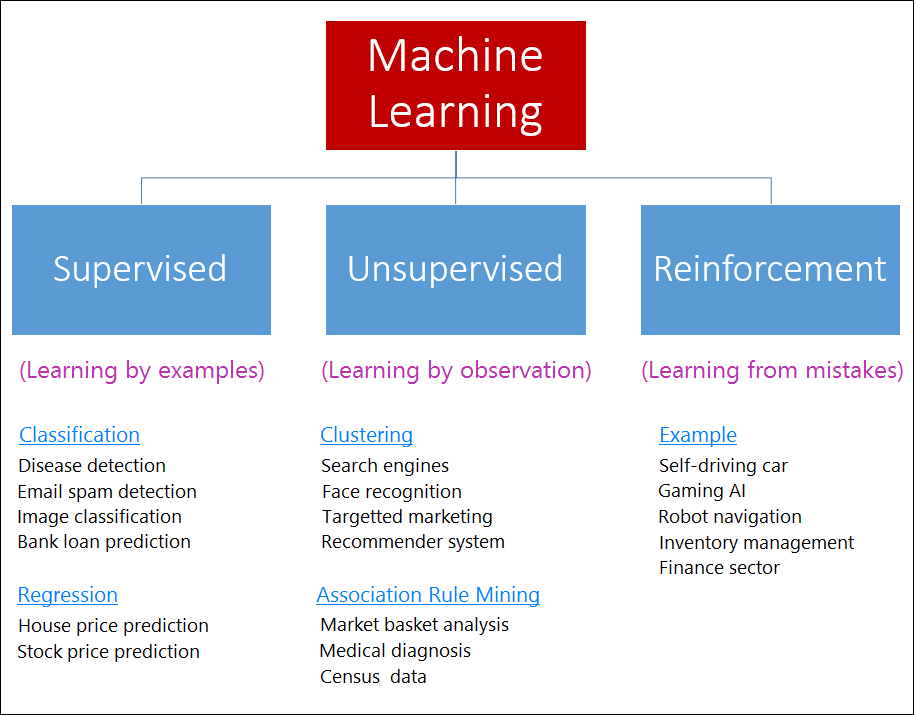Breaking Into AI and Machine Learning: The Skills You Need for ...
If you’re new to the world of artificial intelligence (AI) and machine learning (ML), you may be curious about which technology jobs require these skills—and the opportunities they bring. Certain roles, such as data scientist and data engineer, are increasingly powered by machine learning. That means grasping a few foundational concepts can open doors to some of the most exciting jobs in tech today.
Understanding Machine Learning
Machine learning, at its core, is about creating algorithms that “learn” from data. Through a process called training, an ML model uses data to fine-tune its algorithms and improve its outcomes over time. For instance, a model can be trained to predict an output based on historical data. The model continuously adjusts, honing its accuracy based on feedback until it can perform reliably.

Types of Machine Learning
Different types of machine learning offer distinct ways to solve problems. Supervised learning, for example, involves training on labeled data with a clear output, like categorizing emails as spam or not. Unsupervised learning, on the other hand, finds patterns in unlabeled data, useful for clustering and market segmentation. Finally, reinforcement learning allows models to “learn by doing,” which is how autonomous vehicles can navigate roads or algorithms improve content filtering.
Impact and Opportunities
Machine learning’s impact spans a wide array of applications, from autonomous driving to advanced content filtering. The job market for ML is booming; data from Burning Glass shows that ML jobs are expected to grow by an impressive 39.3% over the next decade. The median salary for ML-heavy positions currently stands at $107,000. The exciting part? You don’t necessarily need a master’s degree or PhD to enter this field—a bachelor’s degree suffices for most roles. Check out the breakdown from Burning Glass of top tech jobs requiring ML skills here.
Skills in Demand
If you’re aiming for a role in data science or data engineering, ML skills are often a must-have. Software developers and engineers are increasingly expected to have ML knowledge as well. In the near future, managers and executives will also need at least a basic understanding of ML. As Rob Thomas, IBM’s Senior Vice President of Cloud and Data Platform, noted, “AI is not going to replace managers, but managers who use AI will replace those who do not.” This trend highlights the increasing intersection of ML knowledge and business leadership.

Advanced Practice Opportunities
For more advanced practice, OpenAI’s “Gym” toolkit provides a space to develop and test reinforcement learning algorithms, while Bloomberg’s “Foundations of Machine Learning” offers a comprehensive, free online course for those with a computer science background.
Machine learning is reshaping technology—and the skills you gain today can set you on a path toward a dynamic, future-ready career in tech.










